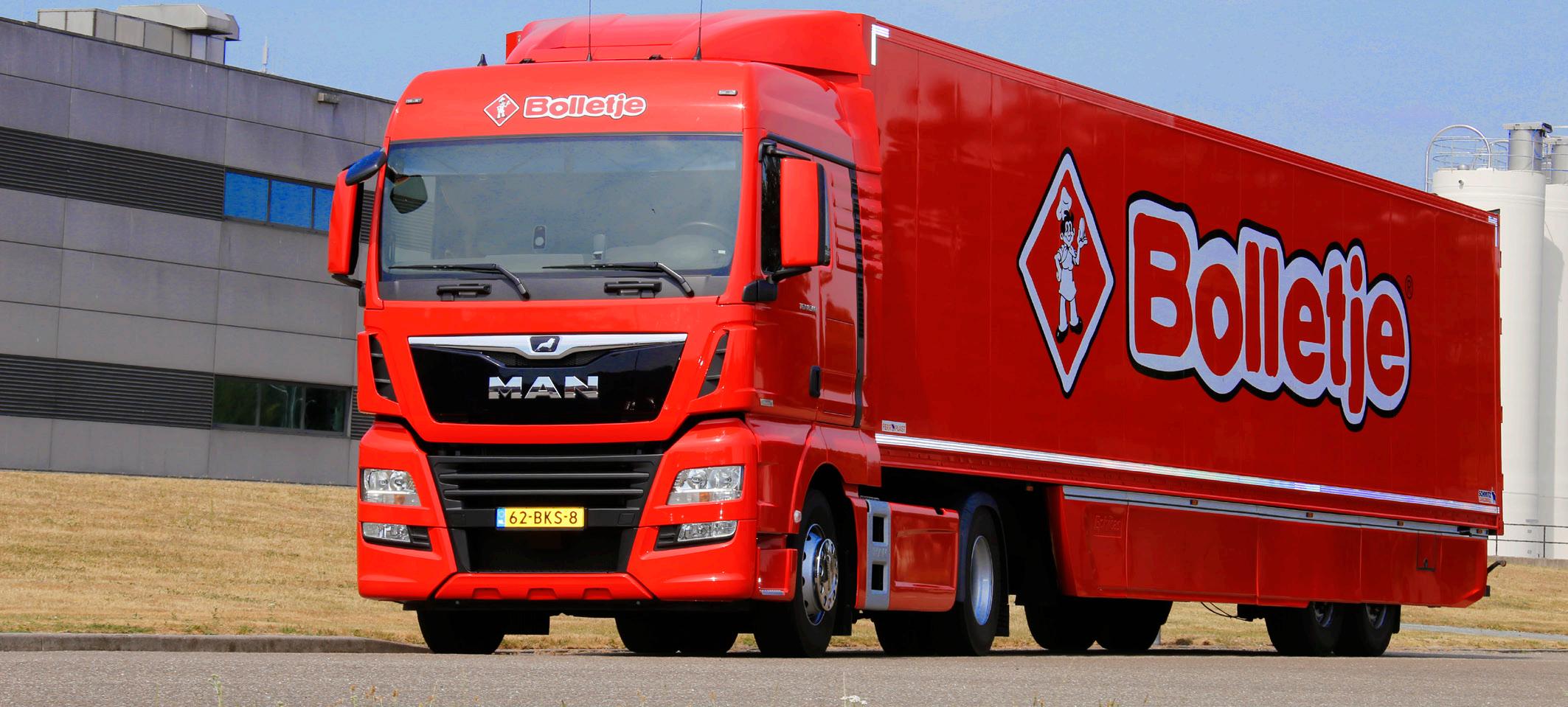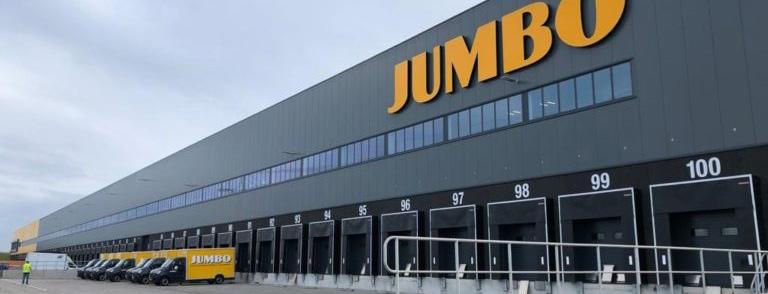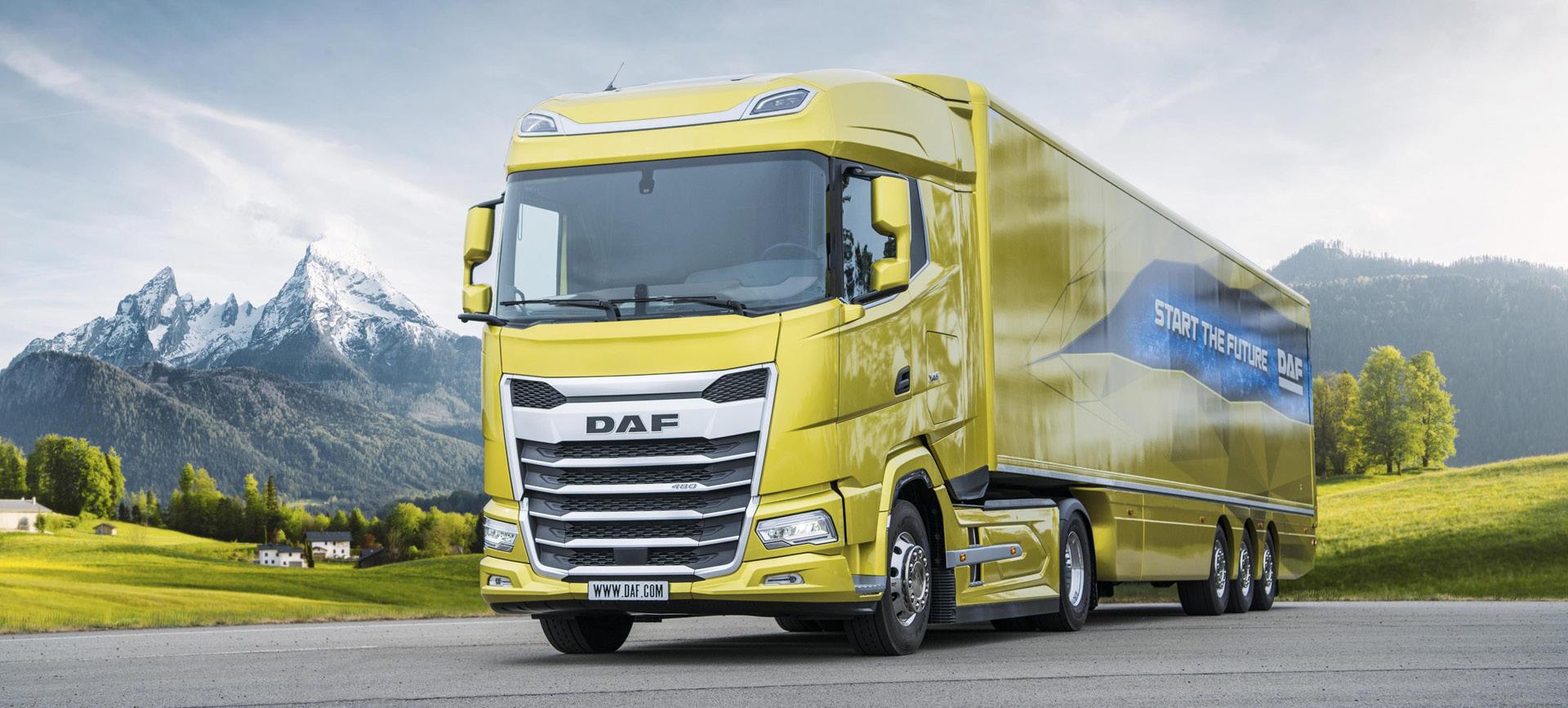
6 minute read
Supply chain crises as a gift
It is the story of the past two years: the current crises, with extreme supply issues and tremendous demand shifts, leads to headaches at many decisionmaking teams. For Districon, consultants with a passion for supply chains, this period, however, leads to very interesting challenges: how can they support their customers making better decisions, taking into costs, services, CO2 emissions, but also risks? “The crisis is an amazing opportunity, and the upcoming trends will only further increase the importance and challenges of the supply chains”, thus Victor and Julia say, both graduated from Industrial Engineering at our university.
TEXT Lars Geerlings DESIGN Caitlin Riesewijk
Advertisement
We all know the disruptions the pandemic has on supply chains. Container prices for example have risen by 500%. But for Districon these variations are not seen as hindering. Districon sees them as a huge challenge that they are enthusiastically trying to tackle. Everything has to go to the next level. Victor explains: “You need planning models which can deal with 50 to 75 per cent less demand, what happens if there is no supply? This also increases the need for scenario simulations and good use of data. It has also shown how important the supply chain is. Before COVID, optimization was sometimes about only a few per cent, but now it is about huge differences.”
These differences also ask for new knowledge. In her first year at Districon, Julia has experienced the difference between the theory at the university and the real world. Theoretical models applied at companies she worked for during her time at Districon are not always able to deal with reality, Julia says: “Problems we have come across during the COVIDcrisis are not covered in traditional models. When we were working out the replacement of a warehouse, we saw the prices of shelving units rise from under a million to 4.5 million Euros.
Victor continues: “these are real extremes. Usually, they do not exist, but during COVID, they did and still do. The planning models used at some companies are not able to deal with such uncertainties in their forecasts; instead of deterministic models we need stochastic models.”
Trends in the supply chain
These extremes are different from normal. Districon is of course used to deal with the regular ups and downs such as seasonal demands. However, the trends in the upcoming years in the supply chain will lead to new ups & downs. When asked, Victor replies that he expects data science and AI to be ramped up in the coming years: “The unstable supply chains during COVID have shown the use of it. Creating the possibility of more calculations, such that we can use stochastic models and simulations, will help us with the uncertainties of today.” Districon states that AI is not only the buzzword it can be sometimes, as they are already applying it.
Another important upcoming trend for Districon is sustainability. Of course, just like data science, this is another popular theme nowadays. Districon has developed something unique, however. A part of the company is fully focused on a specific application: a CO2-calculator. The government as well as companies have partnered with Districon to reduce their CO2 emissions. Districon also has other projects, Julia tells us: “Multiple municipalities have asked us to help with transforming cities to a zero-emission zone. In the upcoming years, cities have to reduce their emissions significantly. If we think about city logistics, you have to think about creating other distribution centres

to ensure that you can keep delivering goods inside the city with for example electric vehicles or other alternatives of zero-emission transportation.”
Victor adds to this: “Within a few years you will not be able to reach the city with fossilfuelled vehicles, but the supermarkets still need supplies. This requires more charging stations, but it also, as Julia said, changes the location of hubs. Doing so, you have to keep in mind which locations lead to the least CO2 emissions. So far, we see that this change is strongly government-driven, but companies embrace the changes as well.” And, Victor adds, there is more than only reducing emissions “You have to think about the usage of plastics, water usage in the fashion sector, usage of chemicals, etcetera.” Hence, we are a long way from solving the sustainability questions in the supply chain.
Districon
Districon is a consultancy firm focused on supply chains, with offices in three countries. One in Singapore, one in Chicago, and one in Maarssen. Most of their employees are based in the Netherlands. A handful of employees there has graduated from Industrial Engineering in Eindhoven, of which Victor and Julia are both one. Districon focuses on three areas: consulting, developing customized planning applications and finally fulfilling interim positions. Districon is active in many industries: from retailers to airports, from production to the government, it wants to stretch to every side of the market, according to Victor.
Brexit, workforce and consumption
For Districon, there are some other important trends. In a previous SCOPE, we have talked about the BREXIT. Currently, this has led to problems in supplying stores all around the UK. This is partially due to the lack of employees, something which Victor foresees as becoming a big issue here as well “Automatization will help, but we will see the consequences of lack of for example drivers, people in the fabrics.”. Furthermore, Victor expects a trend in buying locally, instead of overconsuming products from across the world. This is stimulated by the current crisis.
How will Industrial Engineers be of added value considering the upcoming trends? Julia answers: “Industrial engineers bridge the gap between the clients’ situation and his future needs. We understand their business and processes and help our data scientist to cover the business in data analytics model”. Victor adds: “We have hardcore data scientists in our team, educated in operations research. But they always need industrial engineers for their real knowledge about supply chains. Working together leads to a huge advantage!”.
“With Districon, we are at the heart of this change. Years ago, CEOs came from financial areas, but currently the tech and also supply chain guys are becoming the new leaders. For example, Bol.com has a CEO coming from logistics, and Nike is led by a CEO with an IT background.”, says Victor, and he believes that this interest will only grow in the coming years.
Victor Ponsioen
Victor Ponsioen is Director Districon Solutions EMEA. For more than 20 years he works in supply chain management. He combines 10 years of consultancy experience with 12 years of managerial roles at Albert Heijn, AH.nl, Gall & Gall and McGregor Fashion Group. Before that he studied Industrial Engineering and Management Science at the Eindhoven University of Technology. During his study Victor has been chairman of the 33st Industria board. Growing up in a retail family his supply chain passion is focused on the consumer goods business, from production to off- and online sales & distribution.
Since last year, Julia van Dorsten works as a consultant for Districon. During the past year, she gained experience in various assignments varying from a consolidation of three warehouses into one big warehouse, warehouse movements to strategic inventory management cases. Julia graduated the masters Operations Management and Logistics in 2019, after her first master Engineering Management she completed at Old Dominion University in the USA. During her study at the TU/e, Julia has been active as an Industria member, she organized various activities and has been part of the Industria Congres.











